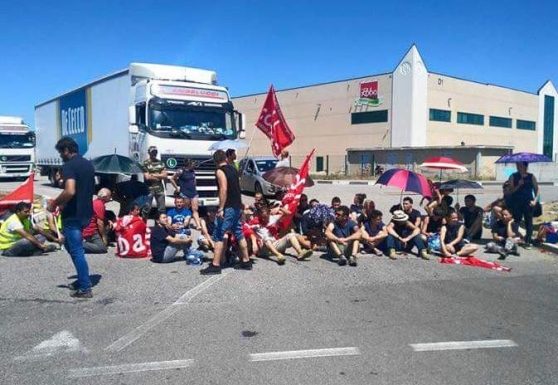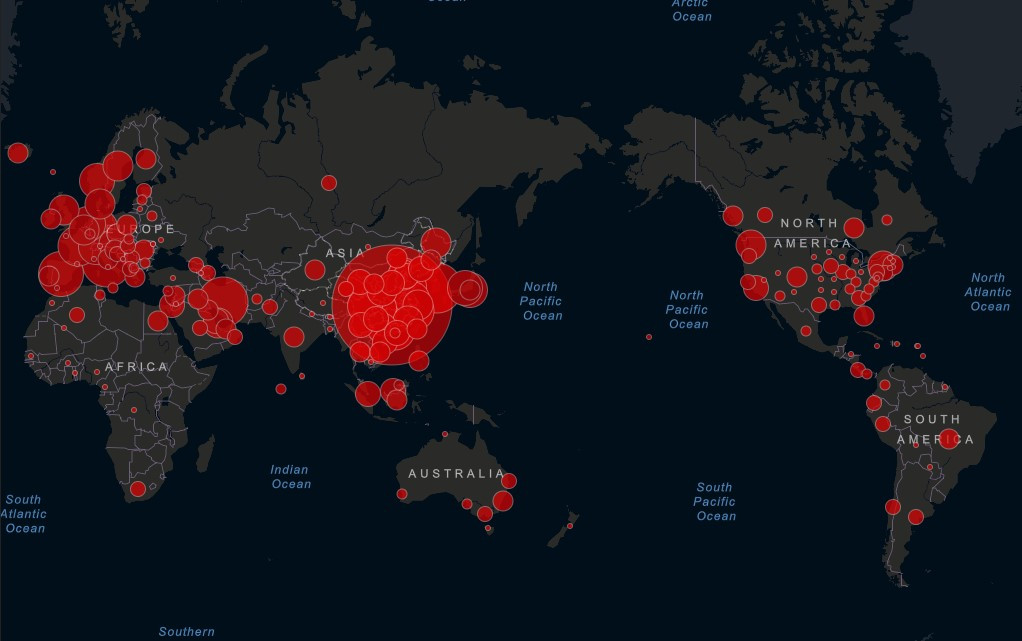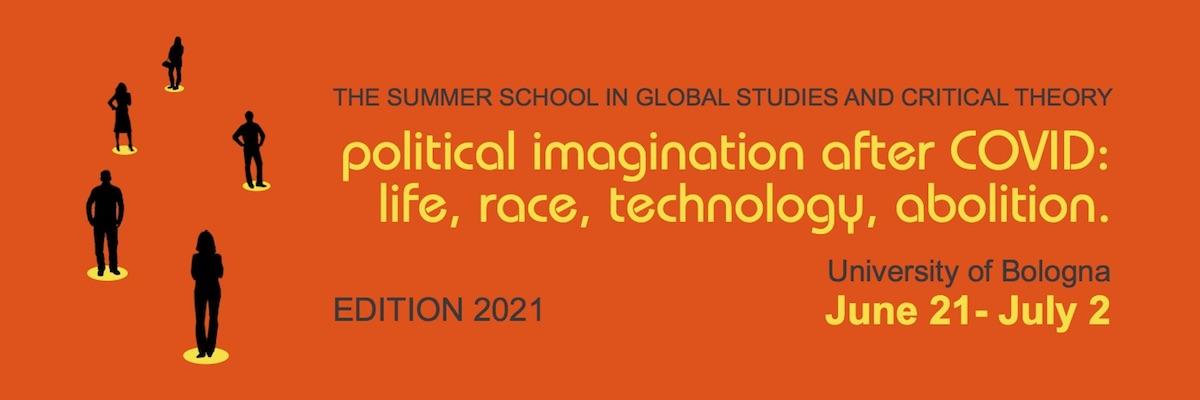We are glad to announce we will edit a Special Issue of Work Organisation, Labour & Globalisation!
Here the link to the Review:
Logistical Gazes
Logistics has deep historical origins, deeply interwoven with the affirmation of the ‘Modern Era’.
Framed as a combination of knowledges and techniques related to the opening of the new State and Global spaces (both to sustain military operations on a European and colonial scale, and to support the new trade routes – not least the Atlantic slave trade), logistics has progressively imposed itself as an overall logic of governmentality (Cowen, 2014). It has become a paradigm of production and circulation optimisation along with efficient localisation (just in time and to the point)that now influences many different fields: from commodity distribution to the planning of urban spaces and the new forms of labour organisation.
Two specific turning-points can be identified in its recent development. The first is usually labelled as the Logistics revolution of the 50s and 60s when, thanks to the large-scale introduction of containers, it became a benchmark of capitalist production and re-production (Bruce, 1997). The second concerns the impact of Information and Communication Technologies (ICT) on production, linked to the transition from the Fordist factory to contemporary forms of algorithmic management. The so-called Fourth Industrial Revolution has led to a massive use of digital apps and devices for the organisation and control of labour (Scholz, 2012; Srnicek, 2017).
Logistics is thus acting as a leading vector for the decomposition and restructuring of transnational value chains, allowing an undefined expansion of global production networks (Henderson et al, 2002) that is contributing to the configuration of a giant wall-less global factory. Indeed, it is now possible to speak of a new ‘logistical mode of production’ bound to deep political transformations (Bonacich, 2003; Tsing, 2009).
Until recently, the study of logistics was confined to the disciplines of engineering and management in which the roles and conditions of the labour force were reduced to cariables in algorithms and abstracted tasks. However, in the last decade there has been a flowering of critical research in the field, as well as disruptive events such as strikes and blockades, that have led to innovative approaches to this issue (Toscano 2011). Recent scholarship has clarified how logistics is not a neutral mechanism, a simple device to manage commodities in the most efficient way, but rather a complex biopolitical apparatus: a device that produces subjectivity (Cuppini, Frapporti & Pirone, 2015). Consequently, we have to look at logistics as ‘a site of power and struggle’ (Neilson 2012), a site of constantly changing adaptations between life-forms and the different environmental and productive conditions they are exposed to. In other words, logistics flattens out spaces, models bodies and produces subjectivities as flexibly as the adaptations to the conditions of circulation require. Labour-force struggles and organisation reveal themselves as central view-points for the understanding of this logistics mode of production and distribution based on new global infrastructures, regional systems and new rationalities of production. Or, to put it differently: subjectivities are erupting from algorithms and networks as irreducible elements (Dyer-Witheford, 2015).
We identify five vectors for an analysis of logistics as global dimension of digital-oriented production:
- Logistics politics and new global geographies (e.g. The ‘New Silk Road’ or the many pipelines currently under construction worldwide).
- Work and conflicts in the logistics sector (especially in ports and warehouses, for example in Germany and Italy).
- The logistical mode of urban production (e.g. smart city policies).
- The logistical logic of platform capitalism (e.g. Amazon, Uber) and the counter-logistics of protests (e.g. strikes of food delivery riders).
- Process and outcomes of the emergent systems of labour measurement and performance management regimes (KPIs).
We propose a special Issue of Work organisation, labour & globalisation in order to stimulate innovative and multidisciplinary analysis that can inquire, connect and elaborate the features and consequences of these different levels of a variegated capitalism with a subjective-based approach.
Timetable
Call out: 20 November 2017
Abstract proposals: by 15 January 2018
Acceptance notification: beginning of February 2017
First drafts for review process: by 29 June 2018
Comments and reviews notification: beginning of September 2018
Final manuscripts submission: by 21 December 2018
Publication: Spring 2019
Abstract submission
Abstracts should be written in English and must be a maximum of 500 words. Each abstract should clearly explain the aim of the paper, its articulation and methodology. Keywords and basic references should also be included.
Biographiess should be 200 words (author(s) description: job title/s, institution/s, interests).
Format admitted: doc, docx, rtf.
Please send the abstract and the bio to info@intotheblackbox.com and ursulahuws@analyticapublications.co.uk
Final article length: maximum 6000 words excluding footnotes and bibliography.



